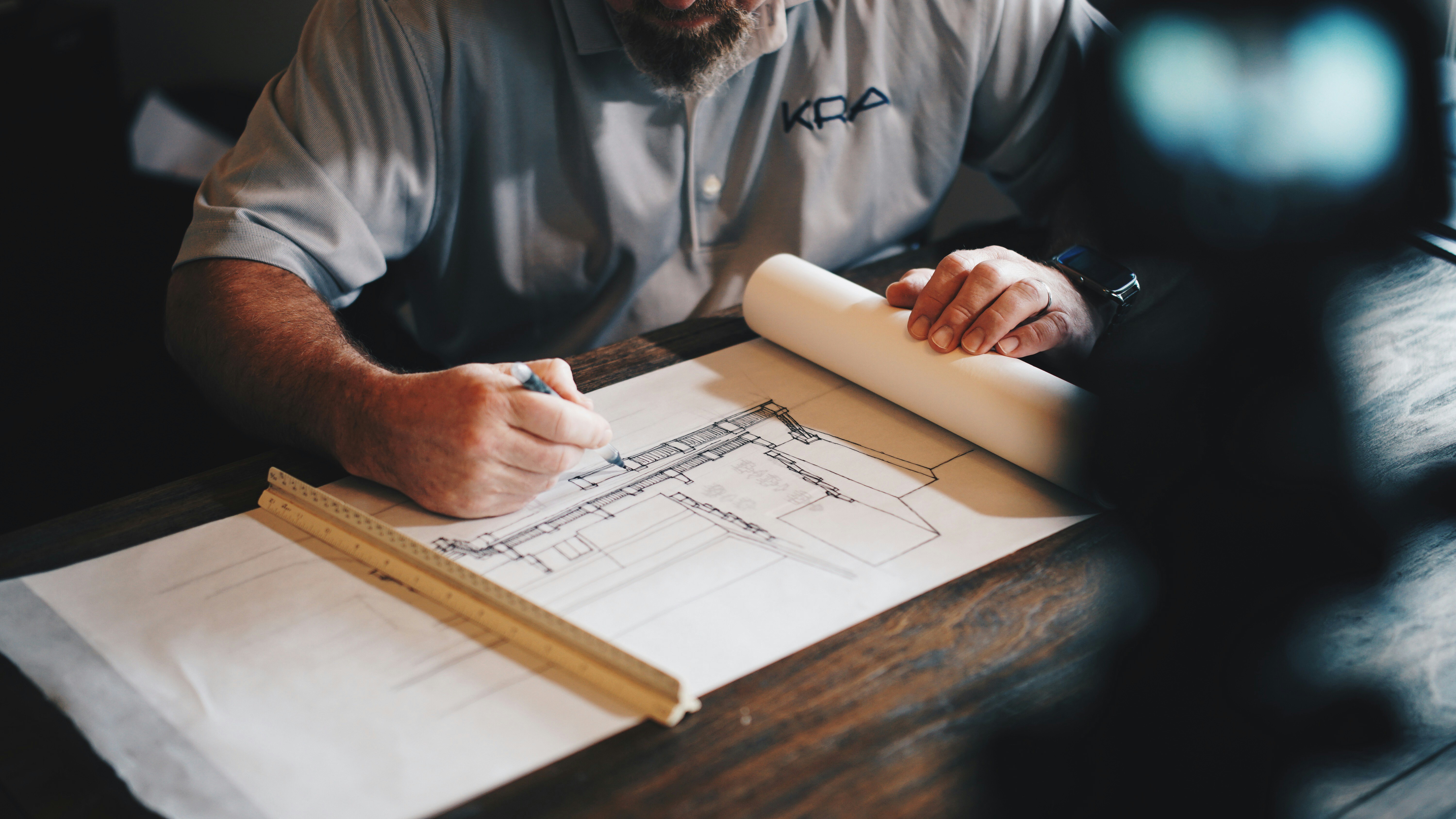
Program Title:
Master Heating and Cooling Specialist
Duration:
Approximately 12 weeks (flexible pacing; each module could be 1-2 weeks depending on student availability)
Format:
100% online (asynchronous lectures, readings, activities, and live or recorded Q&A sessions)
Target Audience:
Aspiring HVAC technicians, heating and cooling specialists, facility managers, engineers, and anyone interested in mastering the design, installation, maintenance, and troubleshooting of modern heating and cooling systems.
Program Outcomes:
Upon completion, learners will be able to:
Understand and implement industry best practices in heating and cooling system design, installation, and maintenance.
Evaluate, diagnose, and troubleshoot a wide range of heating and cooling issues.
Utilize advanced diagnostic tools and technologies for system performance optimization.
Develop energy-efficient solutions and maintenance strategies for diverse environments.
Analyze and enhance the performance of existing heating and cooling systems.
Demonstrate leadership and problem-solving skills in real-world heating and cooling scenarios.
Course Structure
The program is divided into 12 modules. Each module includes:
Video Lectures: Concise, engaging lessons delivered by experienced heating and cooling experts.
Readings & Reference Materials: Curated articles, technical manuals, industry standards, and official documentation.
Case Studies & Real-World Scenarios: Practical examples and simulated exercises to illustrate key concepts.
Interactive Activities & Quizzes: Hands-on labs and assessments to reinforce learning.
Assignments: Practical tasks that simulate real-world heating and cooling challenges.
Discussion Forums: For peer interaction, Q&A, and knowledge sharing.
Detailed Module Breakdown
Module 1: Introduction to Heating and Cooling
Objective: Understand the fundamentals of heating and cooling systems and the current industry landscape.
Topics Covered: Overview of heating and cooling technologies, key terminologies, types of systems (e.g., furnaces, air conditioners, heat pumps), and the role of climate control in comfort and efficiency.
Activities: Introductory quiz and discussion forum.
Module 2: System Design & Fundamentals
Objective: Learn the principles of designing effective heating and cooling systems.
Topics Covered: Load calculations, system sizing, component selection, and design considerations for residential, commercial, and industrial settings.
Activities: Case study analysis and design exercise.
Module 3: Installation & Commissioning
Objective: Gain insights into the proper installation and commissioning of heating and cooling systems.
Topics Covered: Installation best practices, system setup, calibration, and initial testing procedures.
Activities: Hands-on simulation lab for system installation.
Module 4: System Operation & Control
Objective: Understand the operational mechanics and control strategies for heating and cooling systems.
Topics Covered: Thermostatic controls, zoning strategies, automated control systems, and energy management techniques.
Activities: Practical exercises configuring and optimizing control systems.
Module 5: Maintenance & Troubleshooting
Objective: Learn effective maintenance practices and troubleshooting methods for optimal system performance.
Topics Covered: Preventive maintenance routines, diagnostic tools, common operational issues, and repair strategies.
Activities: Simulated troubleshooting drills and maintenance planning exercises.
Module 6: Energy Efficiency & Optimization
Objective: Master techniques to enhance energy efficiency and reduce operating costs.
Topics Covered: Energy audit methods, efficiency standards, system optimization strategies, and cost-saving measures.
Activities: Practical assignment on conducting an energy efficiency analysis.
Module 7: Heating Technologies
Objective: Explore various heating technologies and their practical applications.
Topics Covered: Gas furnaces, electric heating systems, radiant heating, and emerging heating solutions.
Activities: Lab exercise comparing different heating technologies and their performance metrics.
Module 8: Cooling Technologies
Objective: Understand modern cooling solutions and their implementation strategies.
Topics Covered: Air conditioning systems, evaporative coolers, heat pumps, and advanced cooling technologies.
Activities: Hands-on lab simulation using cooling system diagnostic software.
Module 9: Environmental & Regulatory Considerations
Objective: Navigate the environmental and regulatory landscape impacting heating and cooling systems.
Topics Covered: Energy regulations, environmental impact assessments, refrigerant management, and industry safety standards.
Activities: Discussion forum and compliance case study.
Module 10: Smart Systems & Automation
Objective: Learn about the integration of smart technologies and automation in heating and cooling.
Topics Covered: IoT-enabled HVAC systems, smart thermostats, remote monitoring solutions, and automation for enhanced energy management.
Activities: Practical project configuring a smart heating and cooling system.
Module 11: Emerging Trends & Innovations
Objective: Stay ahead by exploring cutting-edge trends and innovations in the heating and cooling industry.
Topics Covered: Renewable energy integration, hybrid systems, advanced diagnostic tools, and future technological developments.
Activities: Research assignment and group presentation on emerging industry trends.
Module 12: Capstone Project
Objective: Apply learned concepts to develop a comprehensive heating and cooling strategy.
Activities: Create and present a detailed system design, installation, and maintenance plan for a simulated residential or commercial project, integrating all key components from the course.
Certificate
Industry Recognized Certificate of Complition
Teacher
Emily Clark
Info:
Category:
Category
Author
Emily Clark
Get consultation


